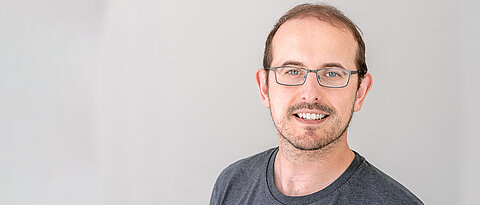
José Pedro Friedmann Angeli has been awarded a European research prize worth two million euros. With his work, the Würzburg professor wants to contribute to innovative therapies against cancer.
more
José Pedro Friedmann Angeli has been awarded a European research prize worth two million euros. With his work, the Würzburg professor wants to contribute to innovative therapies against cancer.
more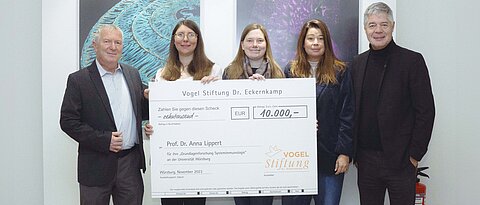
Junior Professor Anna Lippert from the Institute of Systems Immunology at the University of Würzburg is receiving EUR 10,000 from the Vogel Foundation Dr Eckernkamp to support her research.
more
Why do students go abroad for a semester or take part in international conferences? A study by the University of Würzburg has investigated this. The results provide recommendations for an internationalisation strategy.
more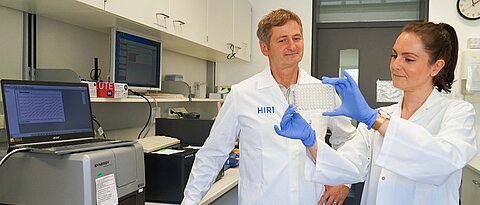
Because conventional antibiotics are increasingly failing, researchers at the Helmholtz Institute in Würzburg are looking for new solutions.
more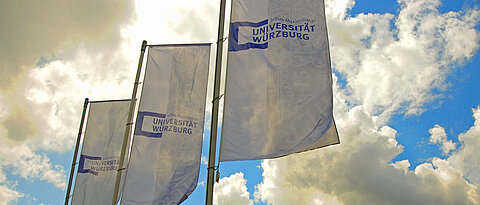
Where do foreign researchers go when they can freely choose their host university in Germany? This is revealed by the Humboldt Ranking, in which the University of Würzburg is one of the top 20 destinations.
more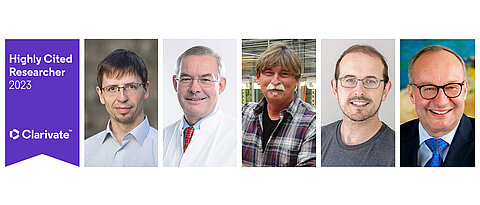
Their work is most frequently cited in publications of other scientists. Researchers from the University of Würzburg are therefore included in the Highly Cited Researchers 2023 list.
more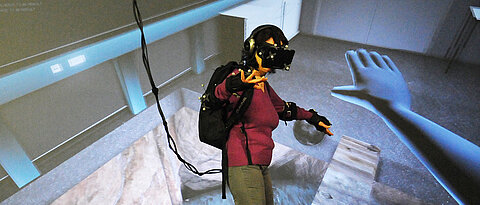
In a new ranking, Computer Science at the University of Würzburg has achieved very good positions in a number of areas. In one discipline, it is even ranked 1st in Germany.
more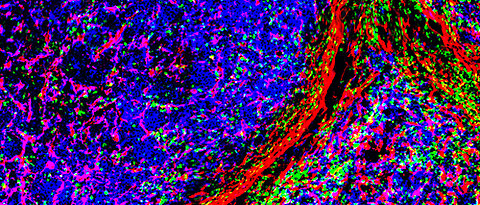
A team of Würzburg cancer researcher Hermann Einsele is part of an international consortium funded by the American Multiple Myeloma Research Foundation with a total of 21 million dollars.
more
Prof Claudia Höbartner from the Institute of Organic Chemistry at the University of Würzburg receives this year's Hansen Family Award for her research on the biomolecular chemistry of functional nucleic acids.
more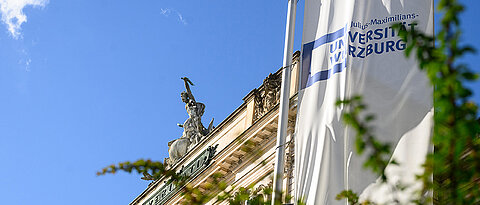
In the THE and Shanghai rankings, the areas for which JMU has submitted Cluster of Excellence outlines are in an outstanding position: Life Sciences, Physics, Biodiversity Research, Medical Technology, Clinical Medicine.
more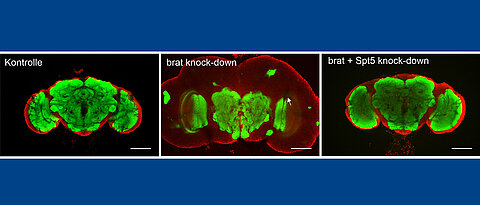
MYC proteins play an important role in many types of cancer. A research team at the University of Würzburg has now succeeded in indirectly influencing these proteins - with clear consequences for the tumor.
more
A new Würzburg space mission is on the home straight: The SONATE-2 nanosatellite will test novel artificial intelligence hardware and software technologies in orbit.
more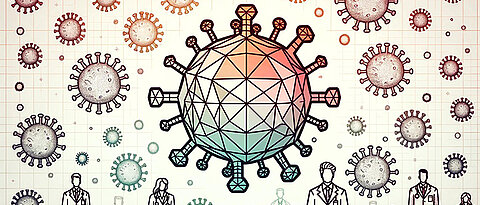
The penetration of viruses into cells can now be tracked with unprecedented accuracy thanks to Würzburg researchers and their innovative design for pseudoviruses.
more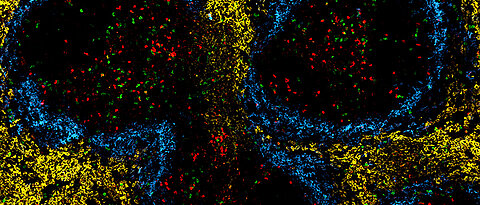
In the immune system's fight against cancer and infections, the T cells often lose their power. The team of Würzburg immunologist Martin Vaeth has found a possible explanation for this phenomenon.
more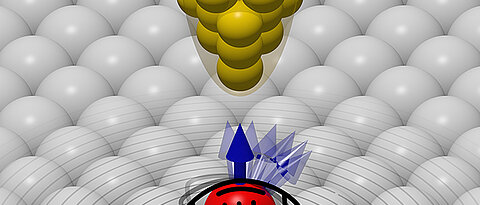
For the first time, experimental physicists from the Würzburg-Dresden Cluster of Excellence ct.qmat have demonstrated a new quantum effect aptly named the “spinaron.”
more